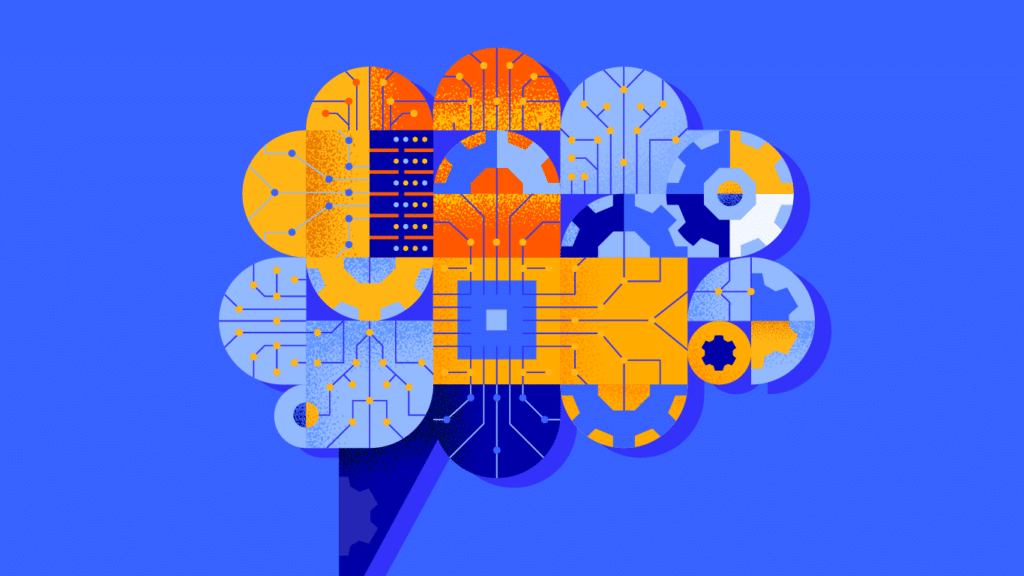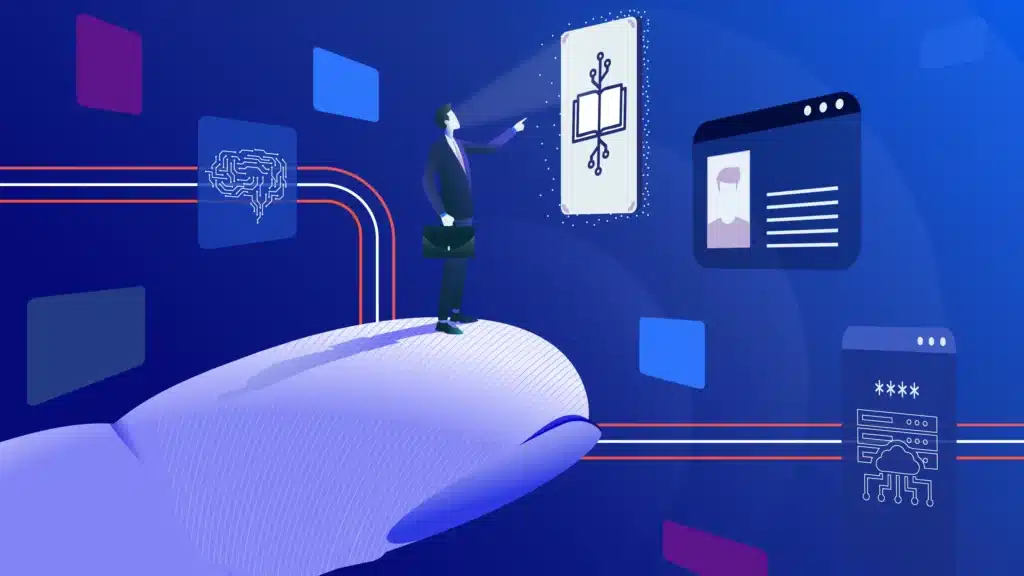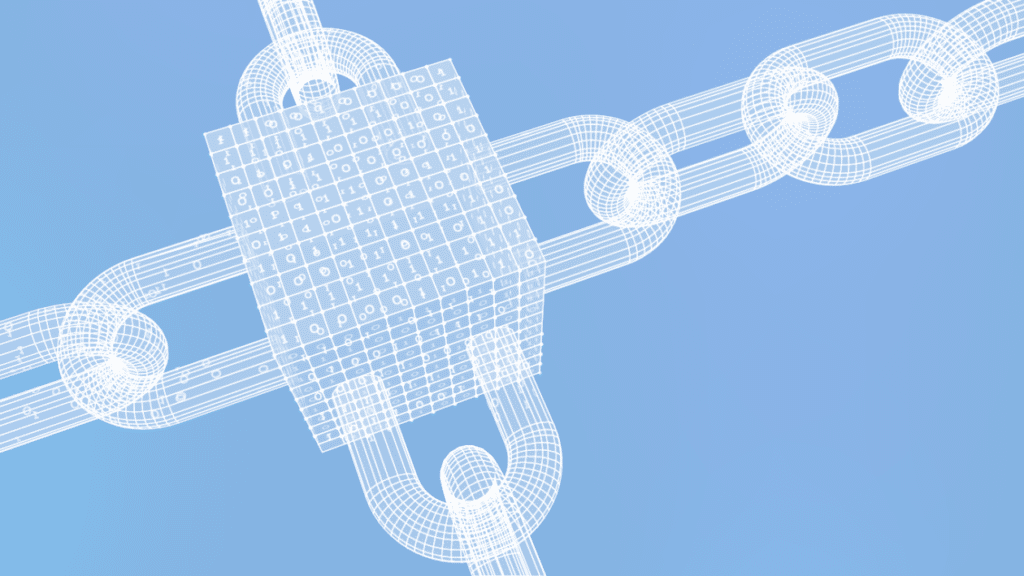Advances in technology and organizational change affect businesses daily—and one of the most exciting advances these days is blockchain. That is due to its ability to provide robust decentralization, meaning that transactions occur between parties without a trusted third-party intermediary. In fact, blockchain provides opportunities to decentralize not just transactions but governance.
This has given rise to Decentralized Autonomous Organizations (DAOs), collectives with no centralized hierarchy that conduct their governance via blockchain transactions that power smart contracts. It’s a cultural watershed. For years, people have complained that web2 companies are run by large central entities that extract all of the value of an ecosystem for themselves. But that is now changing.
The effect on traditional hierarchies
Blockchain disrupts the traditional models with its core concepts of decentralization, trustlessness, transparency, and immutability. Without a central hub to concentrate it, the value gets distributed to the entire collective.
It also protects customer assets. A recent example comes from comparing FTX, a centralized exchange led by Sam Bankman-Fried that runs like a web2 company, to Uniswap, which is decentralized. With FTX, you had to trust the company was acting properly with your money—which clearly wasn’t the case.
But Uniswap is not run by a centralized entity but by smart contracts that allow the same types of transactions as FTX but are done transparently and immutably. There is no centralized actor that can misuse customer assets.
Technologies such as blockchain are changing our views of the role of traditional structures. Rod Collins, Director of Innovation at Optimity Advisors and a leading expert on the next generation of business management, in his book, argues that the pace of technological change has accelerated such that no one can process it enough to identify the best choices, leaving a few at the top poorly equipped to set the direction of an organization.
Instead, collective intelligence, in which people collaborate to identify the best directions forward, is a more effective model. In particular, blockchain allows people to vote on ideas with everything recorded in an immutable, transparent ledger.
This only works with robust and fair voter participation, and unfortunately, some DAOs have a one-token, one-vote model, allowing large individual token holders to have an outsized say in governance. But this problem is being worked on. For example, quadratic voting emphasizes governance across a broad group of small token holders over large individual holders. Voting models will emerge over the next 10 years to encourage more participation. DAO tooling enhancements, such as from Aragon, Colony, and DAO Stack, will also facilitate setting up DAOs, issuing tokens, and managing governance.
Three things to consider for the future
Many leaders are wondering what to expect in this emerging new landscape of decentralization. So let’s take a look at a few issues for the years ahead.
The rise of experimenting “seed” organizations
The biggest challenge to decentralized models is member apathy and participation. It doesn’t work without enthusiastic collaboration. Although early DAO participants are financially motivated, that will change with experiments to seed new collectives with what Ori Brafman and Rod Beckstrom call “catalysts” in “The Starfish and the Spider,” an individual or group of motivated participants with the ability to bring people together and decentralize over time.
More centralized entities will experiment with decentralization
Even while smaller organizations and DAOs try different approaches, some of the traditional hierarchical companies will tinker with decentralizing to take advantage of the power of peer networks. Indeed, some corporations are trying to turn into DAOs, notably Kickstarter and Shapeshift.
More C-suite executives will get the message
Today, many corporate leaders think of blockchain merely as “bitcoin” or “crypto.” They can’t see its relevance to their business. That’s common as many leaders don’t immediately appreciate how new technology has affected the modern workplace. But as increasingly more companies adopt it and benefit from it, they will.
Leaders need to gain a clear understanding of blockchain and how it enables less hierarchical models. Next, they’ll need to embrace networked models that allow for the proliferation of collective intelligence in their most important asset—the employees within their companies. Given the realities of the Great Resignation, empowering employee agency through collective intelligence is critical.
The time to embrace decentralization is now
It’s clear that decentralization via applications of blockchain technology in business is going to be a game-changer for many organizations and for the business ecosystem generally. It is here to provide a transparent, robust, immutable record of transactions—and that alone is an enormous boon for security and auditing. But its main benefit will be in the distribution of influence over larger numbers of engaged stakeholders.
Collective intelligence in business will be critical in the years ahead, and companies that drag their feet in getting involved will miss out on huge benefits, so get started today. Partnering with a consulting organization that provides curious minds and endless potential is a great first step.



















